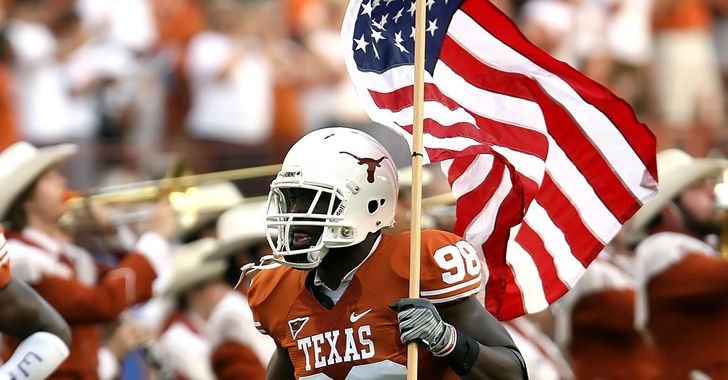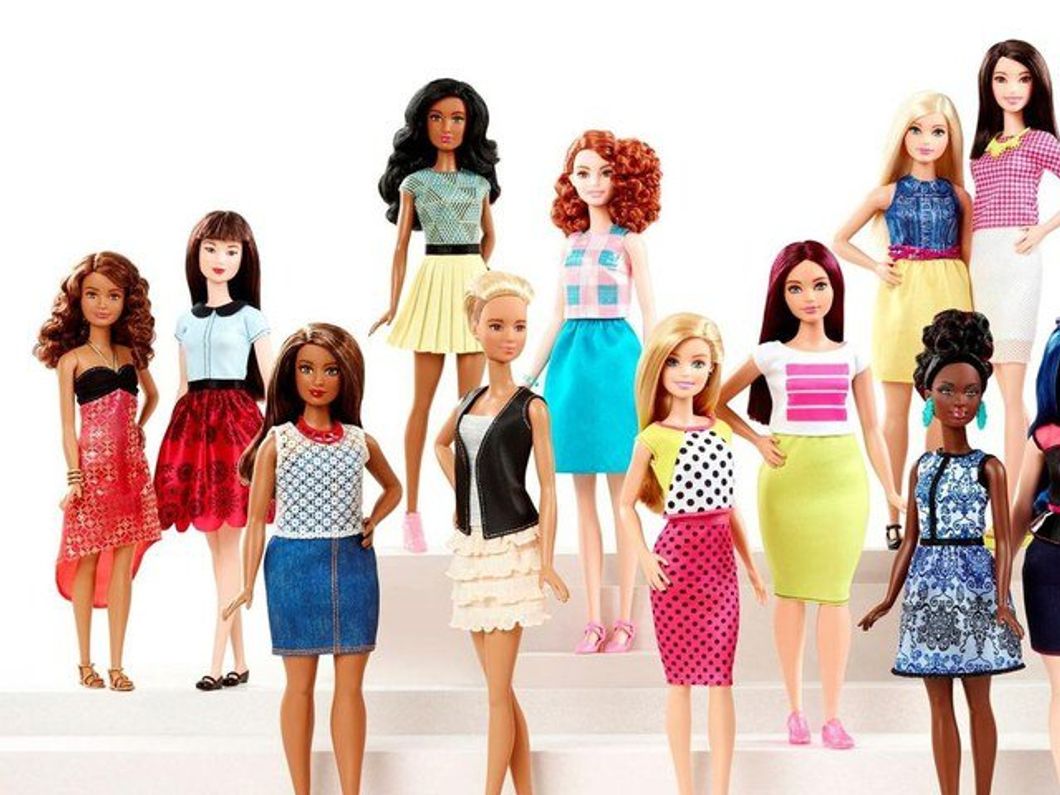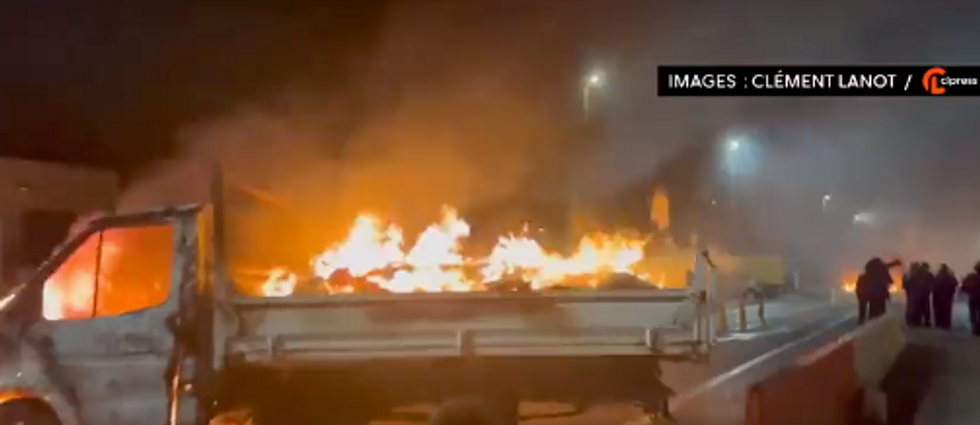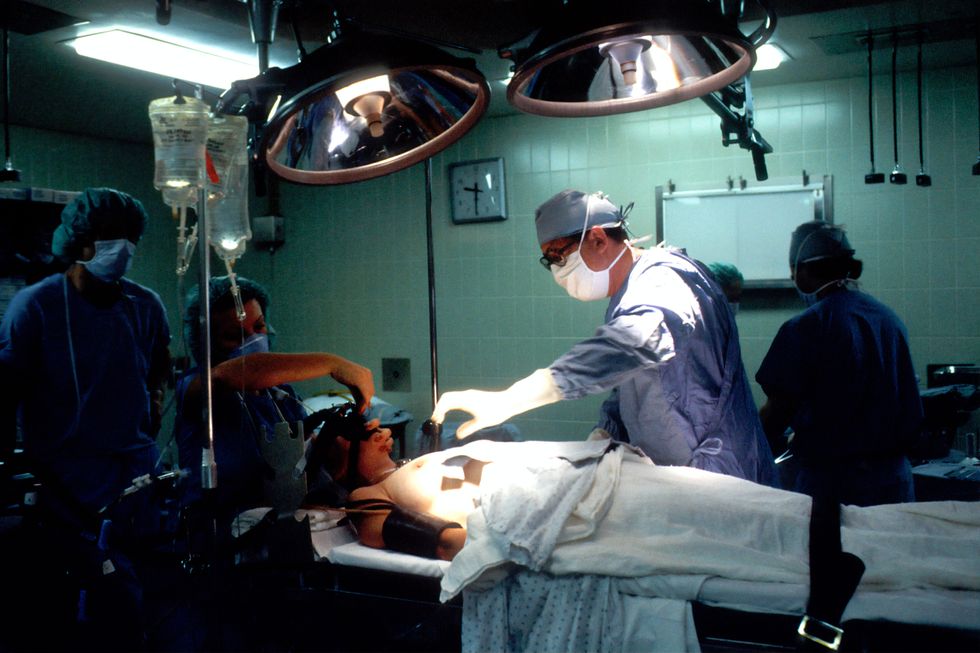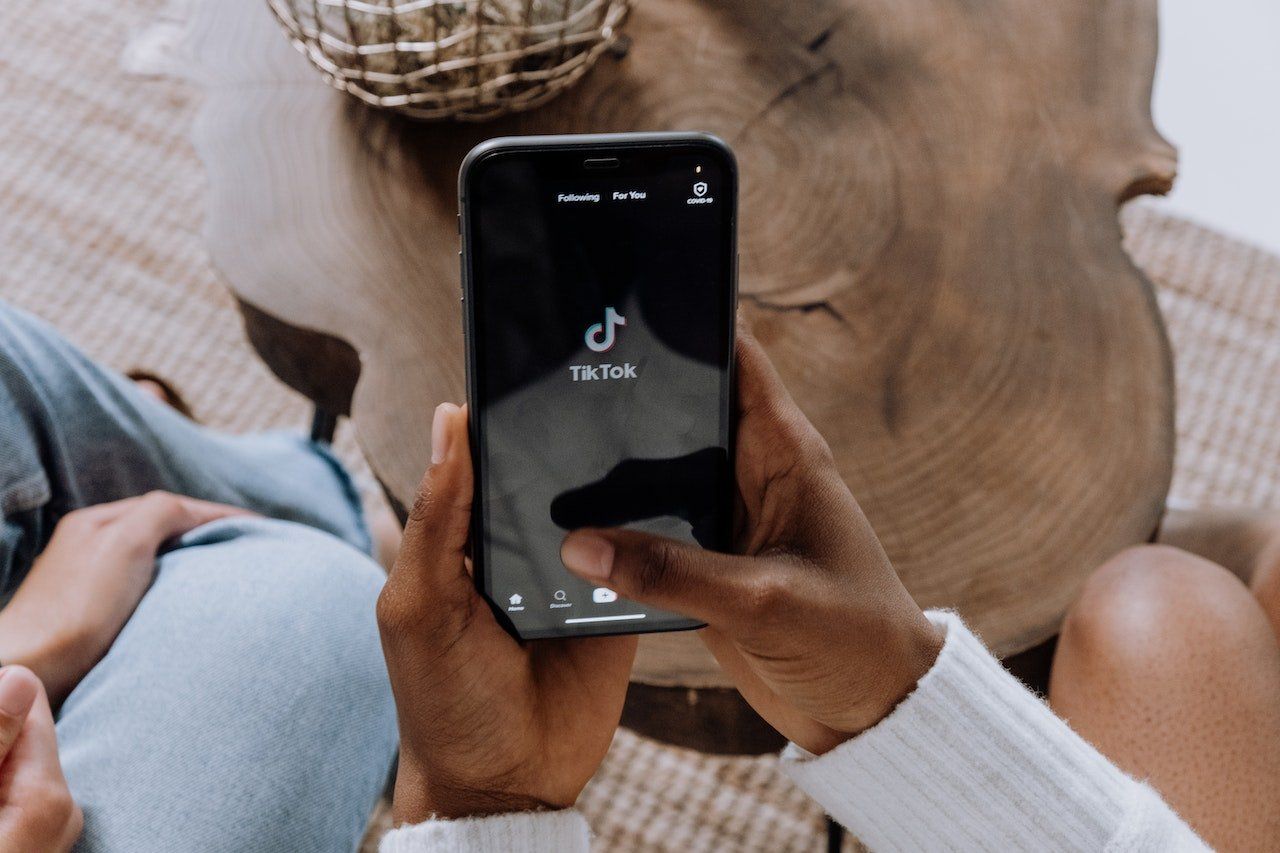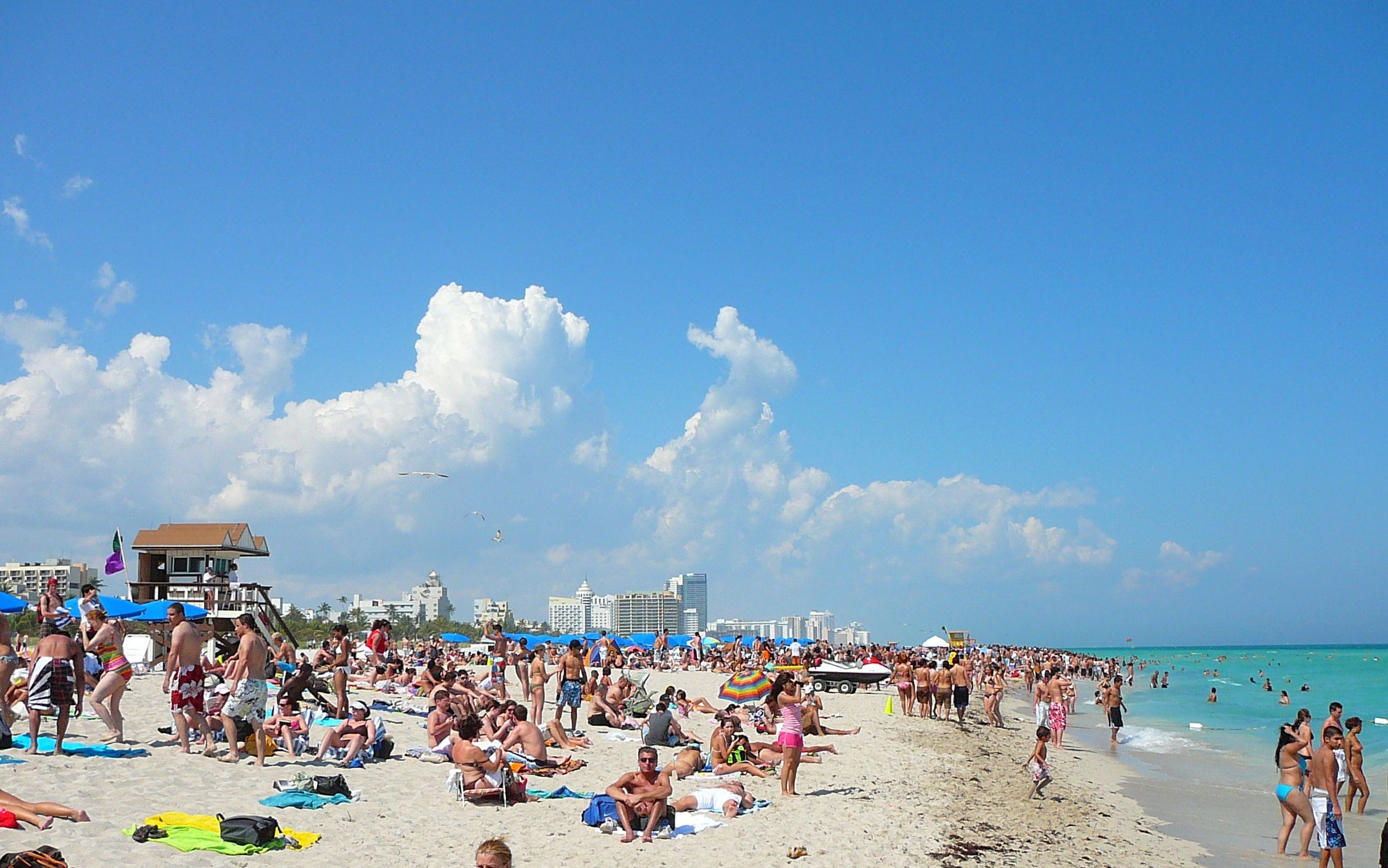Before I was even legally able to vote, I had to sit through a four-hour training session teaching us every little thing about the voting system. From bipartisan teams to what the voter is legally allowed to do, we learned the ins and outs of how the entire process worked. Before this, I had never had any interest in figuring out the voting process at such a young age, let alone go to a poll site (besides accompanying my parents to vote), so it was a whole new perspective to see everything play out.
I woke up at 4:15 a.m. after staying up till 1 a.m. completing my statistics homework and to say I was tired was definitely an understatement. Because I woke up later than anticipated, I grabbed a cup of coffee and headed to my poll site where all the poll workers were signing in. There were different positions for each election worker. An interpreter who helps translate for others who are unsure of how voting works or have an issue receiving a ballot; a BMD inspector who helps work the scanners and cast in voter's ballots; an ED table inspector to check people in to vote by verifying their information and giving them a ballot; and information clerk and line management (new for COVID-19) to prove safe social distancing protocols and greet voters who enter the poll site.
At exactly 6 a.m., the polls would open and we had to be set up perfectly as the line was starting to get longer by the minute.
Last year, I worked as an ED table inspector but to change things up, this year I became a Chinese translator. Those two positions — although completely different — are of major importance in the election process. As an ED table inspector, the job itself throughout the day was pleasant. You spoke with the voters who visited your table (where you sit with someone of the opposite political party as you) and offered them the ballot they needed. However, at the end of the day was when the hard part truly began. When the polls closed at 9 p.m., everyone was frantically trying to get organized. There are different sets of rules that need to be followed exactly in order for the ballots to be processed with the board of elections. As a Chinese translator, I was able to communicate with Chinese Americans wanting to vote who didn't speak English and understand how to fill out their ballots. Approaching them definitely made them feel more comfortable speaking with someone who understood their problems in order to get their votes properly counted.
Normally, we would not be able to leave the site till around 10:30–11:30 p.m., and even with this in mind, the ability to be able to work as a poll worker is something indescribable. By helping other voters get their ballots in, you're able to learn a lot about the voting process for future purposes as well as work in place of elderly poll workers who would normally be working if it wasn't for COVID19.
If you're interested in working at the next elections for the City of New York, you can apply at https://nyc.electiondayworker.com or visit https://vote.nyc/page/poll-worker-positions. I hope everyone who was eligible voted and was able to get their voices heard for the future of our nation.



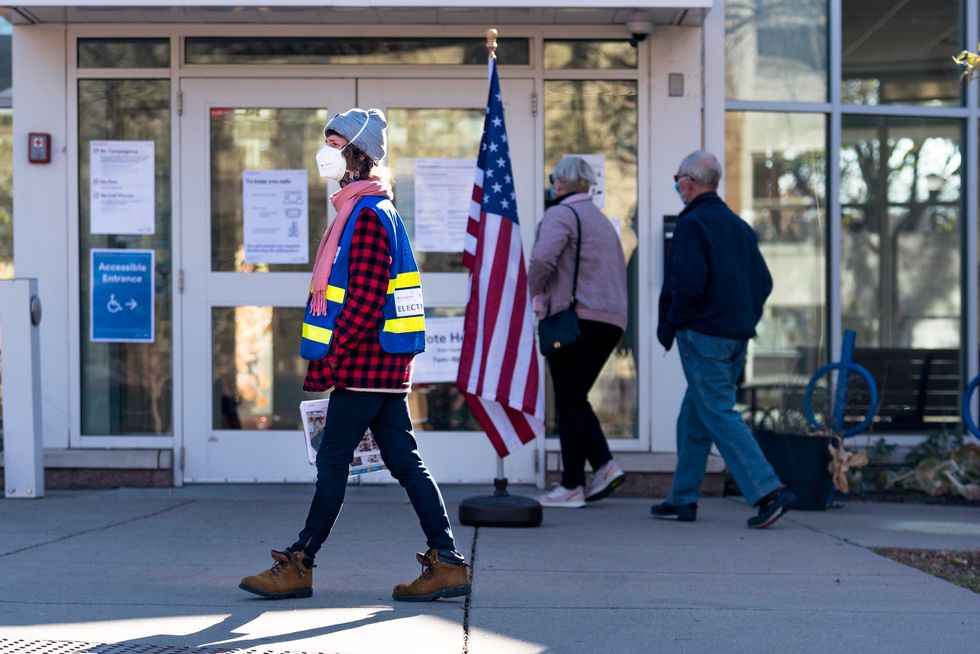

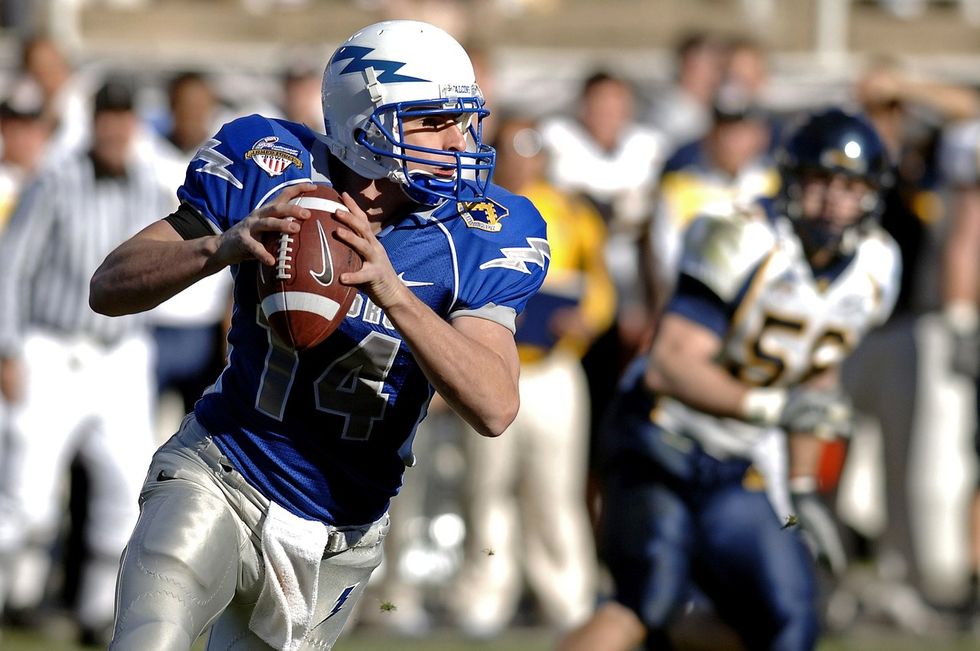
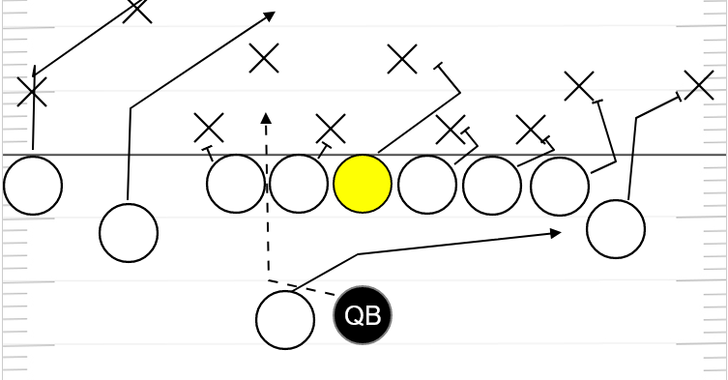
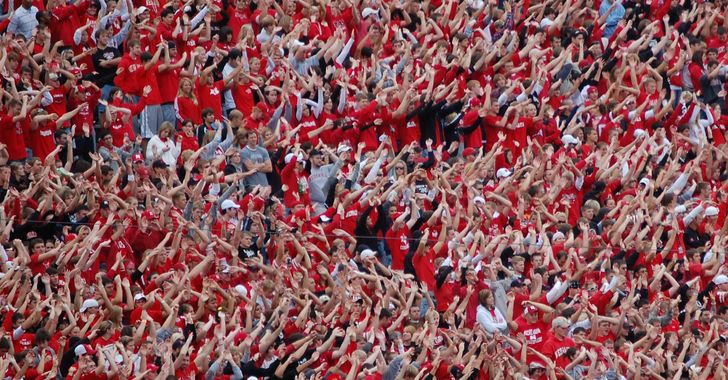
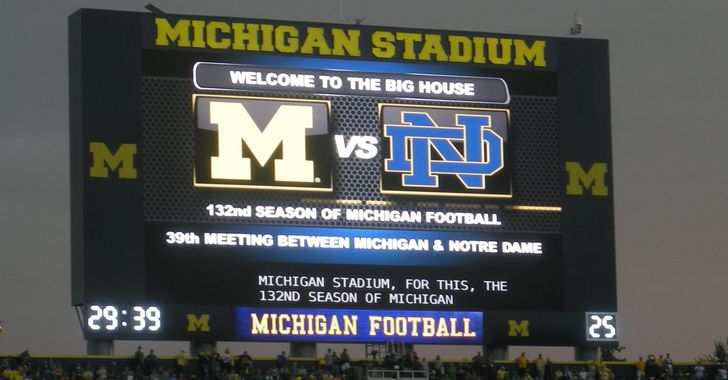
 Photo by
Photo by 